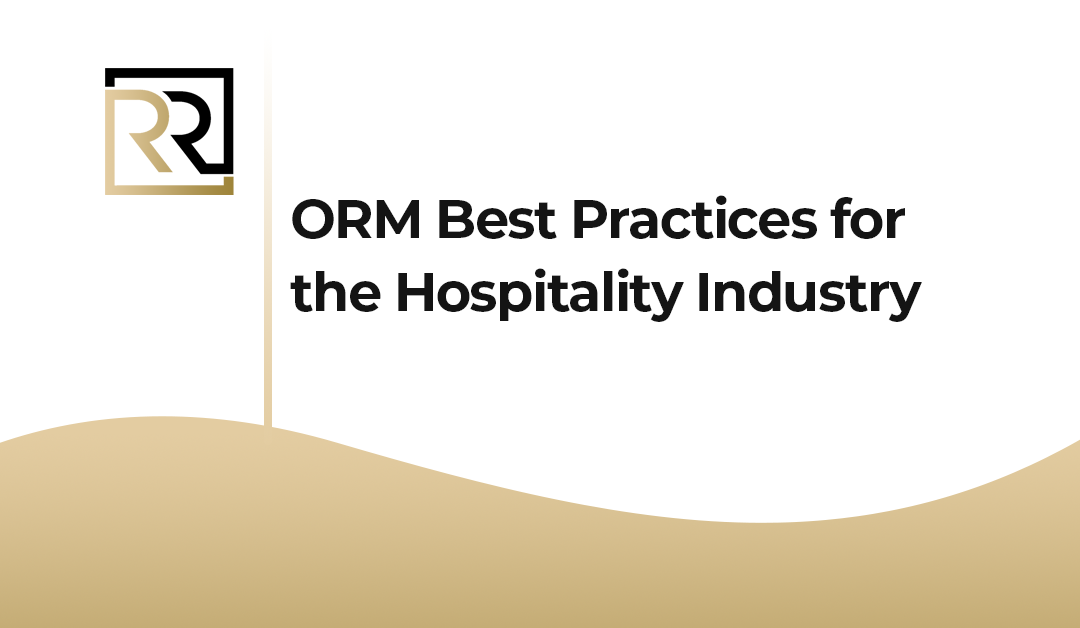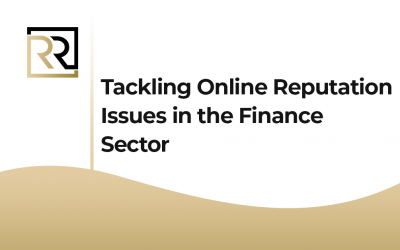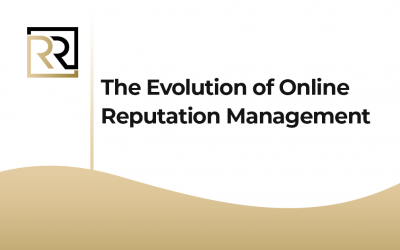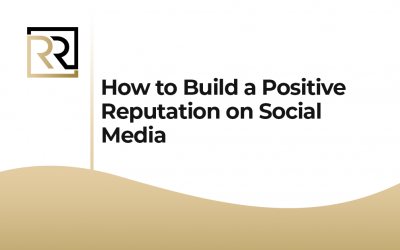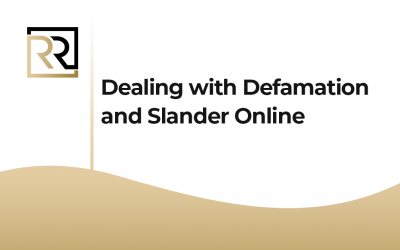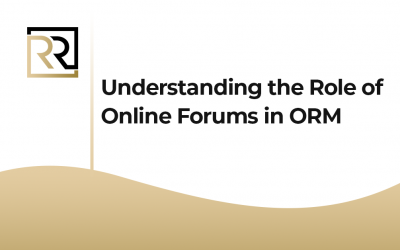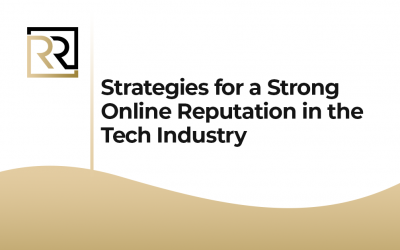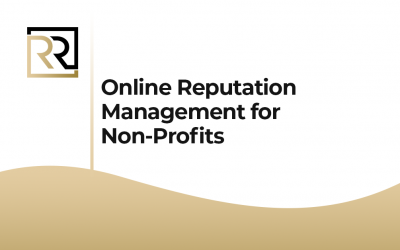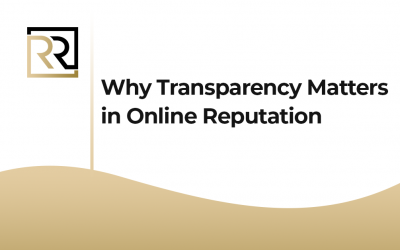ORM Best Practices for the Hospitality Industry
ORM Best Practices for the Hospitality Industry, where guest experiences and perceptions can make or break a business, effective online reputation management (ORM) is essential for success. Moreover, with the rise of online review platforms and social media, guests have unprecedented power to shape the reputation of hotels, resorts, restaurants, and other hospitality establishments. Thus, in this article, we’ll explore best practices for ORM tailored specifically to the hospitality industry, helping businesses enhance their online reputation, attract more guests, and drive revenue.
ORM Best Practices for the Hospitality Industry
1. Monitor Online Reviews and Social Media Mentions
Firstly, in the hospitality industry, online reviews and social media mentions can significantly impact a business’s reputation. It’s crucial for hospitality establishments to monitor platforms like TripAdvisor, Google Reviews, Yelp, and social media channels for guest feedback and mentions. Also, set up alerts or use monitoring tools to stay informed about new reviews and mentions, and regularly check these platforms to assess guest sentiment and identify areas for improvement.
2. Respond Promptly and Professionally
Secondly, when it comes to managing online reputation in the hospitality industry, prompt and professional responses to guest feedback are essential. Essentially, whether the feedback is positive or negative, responding promptly shows guests that their opinions are valued and that the establishment is committed to providing excellent service. Hence, craft personalized responses that address specific concerns or compliments, express gratitude for the feedback, and offer solutions or remedies when necessary.
3. Encourage Positive Reviews
Further, encouraging guests to leave positive reviews can help boost an establishment’s online reputation. Additionally, train staff to provide exceptional service and encourage guests to share their experiences online. Moreover, display signs or cards in guest rooms and common areas inviting guests to leave a review, and include links to review platforms in post-stay email communications. Essentially, by actively soliciting positive reviews, hospitality businesses can increase their overall rating and attract more guests.
4. Address Negative Feedback Proactively
Thus, negative feedback is inevitable in the hospitality industry, but how businesses respond can make a significant difference. Besides, instead of ignoring or dismissing negative reviews, address them proactively and constructively. Additionally, apologize for any shortcomings or issues the guest experienced, offer solutions or compensation if appropriate, and take steps to prevent similar issues from occurring in the future. Basically, by demonstrating a commitment to addressing guest concerns, businesses can mitigate the impact of negative feedback and preserve their reputation.
5. Showcase Positive Guest Experiences
Moreover, highlighting positive guest experiences can help reinforce an establishment’s reputation and attract more guests. Therefore, share guest testimonials, photos, and stories on the establishment’s website, social media channels, and marketing materials. Also, encourage satisfied guests to share their experiences on their own social media accounts, and consider creating dedicated hashtags or social media campaigns to showcase guest-generated content. Besides, by amplifying positive guest experiences, businesses can build trust and credibility with potential guests.
6. Provide Consistent and Exceptional Service
Further, consistency is key to maintaining a positive reputation in the hospitality industry. Thus, train staff to deliver exceptional service consistently across all guest interactions, from check-in to check-out and beyond. Consequently, empower staff to anticipate and address guest needs proactively, and encourage a culture of hospitality and guest satisfaction throughout the organization. Also, by providing consistent and exceptional service, businesses can earn the loyalty of guests and build a positive reputation over time.
7. Monitor and Manage Online Brand Perception
Generally, regularly monitoring and managing online brand perception is essential for maintaining a positive reputation in the hospitality industry. Further, use online reputation management tools to track mentions of the establishment’s name, monitor guest sentiment, and analyze trends over time. What’s more, address any inaccuracies or misleading information that may arise, and actively engage with guests and followers on social media to reinforce positive perceptions. Besides, by staying proactive and vigilant, businesses can protect and enhance their online reputation in the competitive hospitality industry.
Conclusion: ORM Best Practices for the Hospitality Industry
Further, in the digital age, online reputation management is crucial for success in the hospitality industry. Therefore, by monitoring online reviews and social media mentions, responding promptly and professionally to guest feedback, encouraging positive reviews, addressing negative feedback proactively, showcasing positive guest experiences, providing consistent and exceptional service, and monitoring and managing online brand perception, businesses can enhance their reputation, attract more guests, and drive revenue. Besides, by prioritizing ORM best practices, hospitality establishments can build trust and loyalty among guests and position themselves for long-term success in the competitive hospitality landscape.


